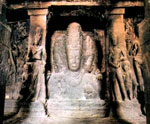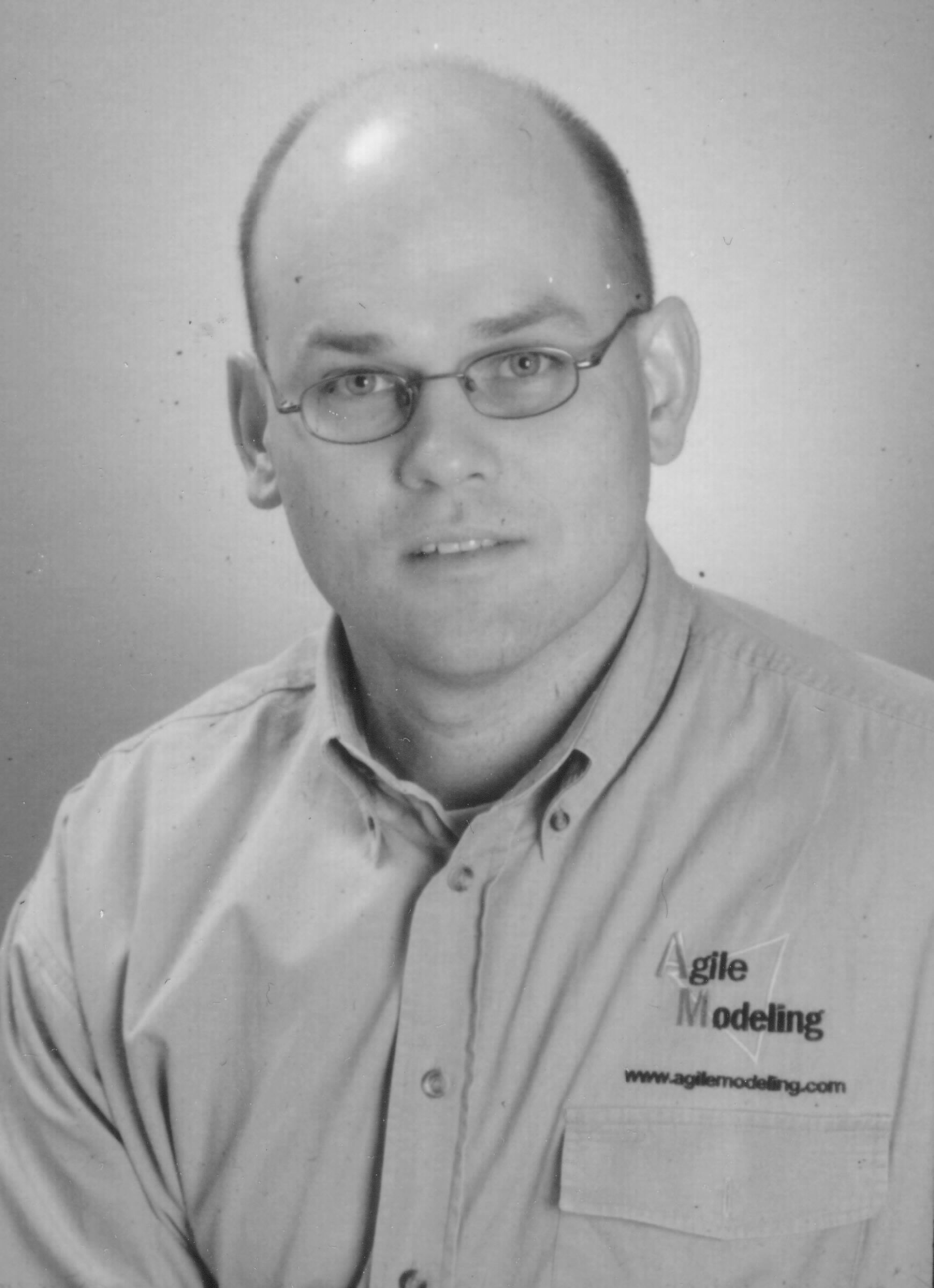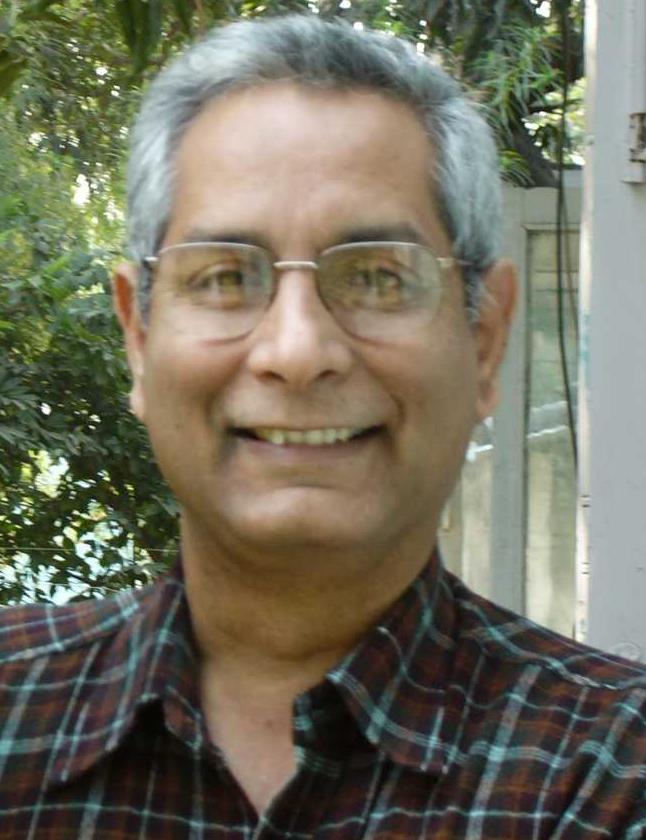 |
Sixth Working IEEE/IFIP Conference on Software Architecture WICSA 2007 Mumbai, India January 6 - 9 2007 |
 |
|
KEYNOTE
TALKS Update on the
Unified Process: Something Old, Something New, Something Borrowed,
and Definitely Something Blue Monday, January 8 The Unified Process (UP) framework, and in particular the Rational Unified Process (RUP), was publicly release in 1996. Since then the UP has evolved in several directions, new players have entered the field, and the UP has been adopted by thousands of organizations world wide. This presentation explores the history of the UP, the current state of the UP, and discusses the potential future directions of the UP. We�ll discuss the relationship between the RUP and IBM�s Rational Method Composer (RMC), IBM Rational�s current offerings. We�ll also explore the Open Unified Process (OpenUP) and the Eclipse Process Framework (EPF) Composer, two open source offerings. We'll briefly discuss the Essential Unified Process (EssUP) and the Agile Unified Process (AUP), two alternative UP offerings. Finally, we�ll look at the Enterprise Unified Process (EUP), an extension to the UP which addresses cross system issues such as enterprise architecture, software reuse, and operations. Biography:
Scott W. Ambler is the Practice Leader Agile Development in IBM�s
Methods Group. He is the founder of the Agile Modeling (AM), Agile
Data (AD), Agile Unified Process (AUP), and Enterprise Unified
Process (EUP) methodologies. Scott is the (co-)author of several
books, including Refactoring Databases, Agile Modeling, Agile
Database Techniques, The Object Primer 3rd Edition, and The
Enterprise Unified Process. Scott is a columnist with Dr. Dobb�s
Journal. Biography:
Scott W. Ambler is the Practice Leader Agile Development in IBM�s
Methods Group. He is the founder of the Agile Modeling (AM), Agile
Data (AD), Agile Unified Process (AUP), and Enterprise Unified
Process (EUP) methodologies. Scott is the (co-)author of several
books, including Refactoring Databases, Agile Modeling, Agile
Database Techniques, The Object Primer 3rd Edition, and The
Enterprise Unified Process. Scott is a columnist with Dr. Dobb�s
Journal.His personal home page is http://www-306.ibm.com/software/rational/bios/ambler.html
A Knowledge Management Perspective of
Software Architecture Tuesday, January 9 The software architecture community in its short span has been able to come up with a body of knowledge which lends itself to enormous reuse - best practices like design patterns, tactics which seem to be more fine-grained than patterns, frameworks, factual information like benchmarks technology artifacts etc. Every organization also has its own expertise based on the design and development of problems they have solved earlier. At a broad level, the tasks we do in software architecture can be classified as architecture design, architecture evaluation and architecture description. Each of these tasks is knowledge intensive. In this talk we try to present the various kinds of knowledge that architecture community uses, how to machine process this knowledge and make it useful to the practicing architect. Even though this talk is about the
technology aspects of software architecture knowledge management, we
devote some time to architecture asset management in an
organization. |
